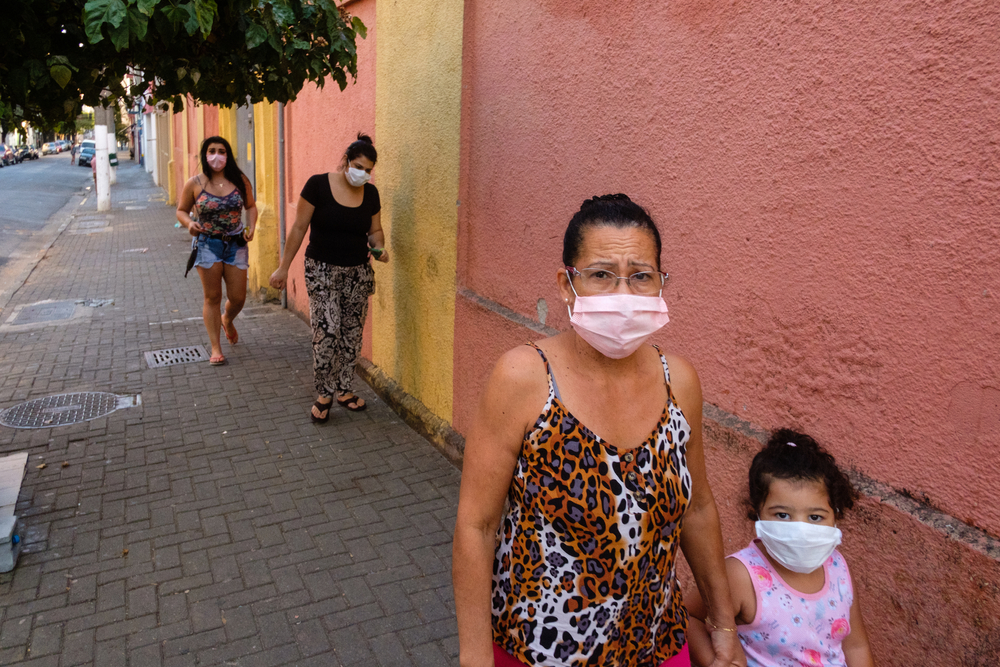The A-H3N2 influenza virus, associated with the flu epidemic in Rio de Janeiro, has been identified in São Paulo and is already responsible for an increase in the number of emergency room visits and hospitalizations in the city.
According to infectious diseases expert Nancy Bellei, testing coordinator at Hospital São Paulo, nine people have already been hospitalized in the unit with H3N2 over the last two days. There have been 19 cases of hospital admittances over the last week — in 2020, during the peak flu period of March to June, there were just 12 cases admitted to hospital.
According to Ms. Bellei, H3N2’s lethality is lower in risk groups when compared to Covid-19. However, the flu’s clinical symptoms are often worse, with high fever, chills, headaches, and fatigue.
Although the flu vaccine used in the immunization program has the H3N2 strain in its composition, it is not the same one circulating in Rio and São Paulo. The current “Darwin” strain — named after the Australian city in which it was first identified — is not covered by the current vaccine.
Speaking to newspaper O Estado de S. Paulo, virologist Celso Granato, the clinical director of Glupo Fleury, explained that even if the vaccine contained the Darwin strain, immunization against respiratory viruses does not last for more than six months.
“It’s an untimely outbreak. We don’t have outbreaks in December. It all comes together: the vaccine that doesn’t protect much, people having taken it more than six months ago, and people no longer wearing masks,” he said.
In addition to São Paulo, in Rio de Janeiro influenza is already causing more cases of severe acute respiratory infections (SARI) than the coronavirus. Over the past three weeks, cases jumped 2,647 percent from mid-November.


 Search
Search






































